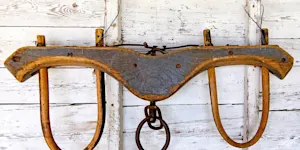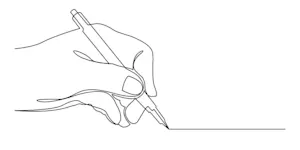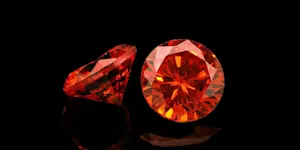What Makes This Word Tick
"Roister" is the kind of word that almost makes you want to don a feathered cap and revel in a bit of old-fashioned merrymaking. It's lively, boisterous, and full of good cheer, often used to describe the act of engaging in noisy and exuberant festivities.
If Roister Were a Person…
If Roister were strolling through a 17th-century town, he’d be the one at the center of the crowd, wearing a colorful tunic and leading a lively group in song. Always the life of the party, Roister would have an infectious laugh that draws in villagers and nobles alike.
How This Word Has Changed Over Time
Back in the day, "roister" was commonly used to describe not just any good time, but one of rambunctious, somewhat rakish revelry that might raise a Puritan’s eyebrows. Over time, the word has lost some of its rakish connotations and now simply suggests joyful, exuberant celebration.
Old Sayings and Proverbs That Use Roister
Though not as common in proverbs as you might think, the spirit of roistering takes on life in sayings like "Eat, drink, and be merry," which invites the kind of cheerful indulgence "roister" captures in its essence.
Surprising Facts About Roister
Did you know that "roister" was originally associated with roisterers, who were basically rowdy revelers or swaggering bullies? While today it carries a lighter, more festive tone, in old England, a roisterer might just have been asked to take his mirth outside!
Out and About With This Word
You'll find "roister" making appearances in settings that call for more than just a polite golf clap. Think taverns full of bards and choruses or those particularly raucous family gatherings where laughter echoes well into the night.
Pop Culture Moments Where Roister Was Used
Roister makes a cameo in various plays and period dramas, notably in productions set in the roaring Elizabethan era. The word lends authenticity and a dash of historical spice to scenes of revelry and celebration.
The Word in Literature
In literature, "roister" might find itself amidst descriptions of festive banquets or merry gatherings typical in historical novels. This jubilant word fits right at home beside tales of knights and their jolly bands or in Shakespearean dialogues where mirth and mischief abound.
Moments in History with Roister
While not named outright, the riotous celebrations following big historical events like VE Day in 1945 certainly had a roisterous spirit. People took to the streets in jubilant crowds worldwide—if ever there was a time to roister, that was it!
This Word Around the World
Cross the channel, and you might find a French reveler "faire la fête," a phrase that captures the same spirit of lively, joyous celebration inherent in roistering. In Germany, "sich amüsieren" or "feiern" may serve similar purposes during Oktoberfest beer hall gatherings.
Where Does It Come From?
The term "roister" hails from the Middle French "rustre," meaning a ruffian, which in turn descends from the Latin "rusticus." This rather rustic beginning gave the word a bit of a rough-and-tumble edge in its earlier use.
How People Misuse This Word
Sometimes, people might use "roister" interchangeably with mild words like "celebrate," when true roistering suggests something a tad more boisterous and unruly than a quiet dinner party toast.
Words It’s Often Confused With
Riot: While both have a rowdy edge, a riot is typically more chaotic and less welcome in polite society.
Celebrate: Softer and more formal, "celebrate" lacks the rowdy connotations of "roister."
Revel: Similar, but reveling is often more personal, while roistering suggests an unrestrained, communal joy.
Additional Synonyms and Antonyms
For a roisterer, synonyms include "carouse," "celebrate," and "revel." When dampening the merry-making, you might choose antonyms like "mourn," "lament," or "commiserate."
Want to Try It Out in a Sentence?
"After the team’s unexpected victory, the entire town gathered in the square to roister until the early hours of the morning, their laughter echoing under the starlit sky."
















